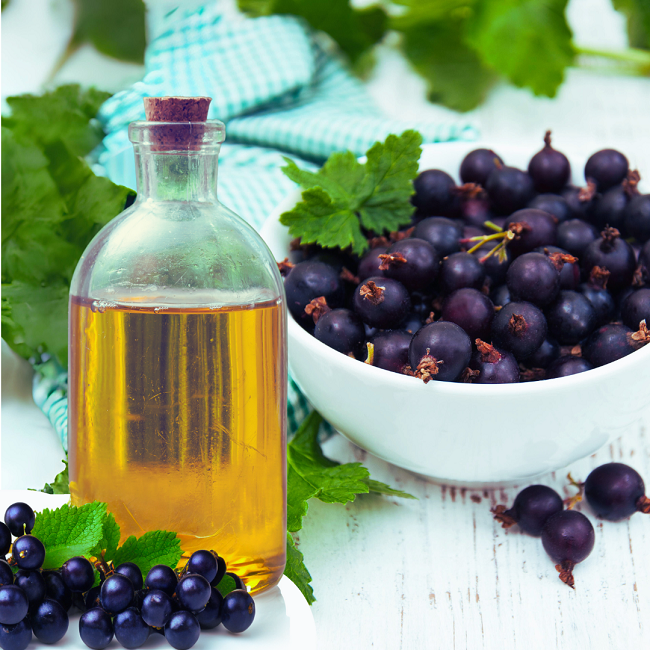Descriere
In addition to being rich in unsaturated fatty acids, sesame oil also contains trace elements that can be absorbed by the body.
Susan has a long history. The ancient Greeks and Egyptians are believed to have used it as an medicinal herb. Although it originates from the African tropics, it is now cultivated mainly in China, Egypt, and India. The sesame plant can grow up to one meter tall and develops a pinkish-white cocoon that hangs down. The fruits of the sesame plant are brown and contain about 80 to 100 yellow, red, or black seeds.
The process of producing sesame oil begins by drying the fruit capsules. Then, the seeds are washed and cold-pressed.
Utilizare
In addition to being a rich ingredient for the gastronomic industry, organic sesame oil also provides a unique flavor to various dishes. This oil is commonly used in Asian cuisine, for dressings, meats, and pastries. Its high smoke point makes it suitable for searing steak.
Recomandări
Store sesame oil in a dark, cool place, such as a kitchen cupboard or pantry, to avoid direct sunlight, fluctuating temperatures, or heat sources.
Precauții
This information relates to general products. They are neither drugs nor remedies and should be consumed with caution. Our statements contain no promises of cure or efficacy. If you have a medical problem and/or condition, please consult your doctor.
Our products do not replace a balanced, varied diet or a healthy lifestyle. If not tolerated, discontinue use immediately and consult a physician if symptoms persist.












